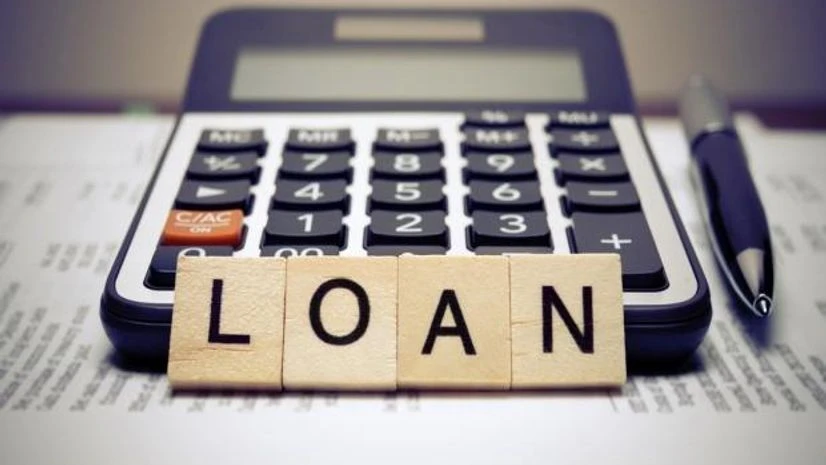Amidst excess liquidity, the largest private sector lender ICICI Bank on Thursday launched a mortgage product assuring borrowers a 1 per cent cash back on their monthly instalment payment.
The product, which comes amid a long period of excess liquidity, sluggishness in overall credit pick-up and fears of a slowdown in the residential property market, can help a borrower get up to 11 per cent of the principal amount in a 30-year loan period.
The bank has launched two more schemes -- a 20 per cent cash back for spends by its debit and credit card customers up to a maximum of Rs 10,000, and a 20 per cent step-up repayment -- which can be availed of alongside, executive director Anup Bagchi said.
More From This Section
After hitting a record six-decade low of 5.08 per cent in FY2017 -- which was the worst since FY1953, the credit growth has been trending down in the system. In April-July period, the combined credit dispersal declined by a whopping Rs 1.53 trillion or 1.9 per cent over the same period last fiscal.
The bank posted a mortgage loan growth of 17 per cent in the first quarter and expects to maintain the same momentum ahead as well, Bagchi told reporters on a concall.
The cashback product comes weeks after its smaller rival Axis Bank also launched an offering promising to waive EMIs if the borrower does not default on EMIs in an effort to improvise borrower behaviour.
With both these offers, the focus is on ensuring that the borrower pays regularly through the loan contract period and there is no pre-payment.
"For the longer tenure loans, it makes sense for the customer to stay in the mortgage product for a much longer time with all these incentives. The net increase they have to pay out is lower than the investments they can make with the surplus money if they have," Bagchi said.
He said the effective rate of interest for a borrower availing of an affordable housing product is 4.62 per cent after factoring in the Rs 2.5 lakh direct cash subsidy from the government and also the benefit deriving from the income tax exemptions.
The bank will be making the "sacrifice" when it gives the cashback, Bagchi said, adding that in the process, it helps a potential home buyer make faster decisions and get the home.
Prepayments and an ensuing reduction in the duration of the loan can deprive a bank of interest income for the duration of the loan.
Bagchi, however, did not share the prepayment rate which the bank is witnessing at present.
He said the cashback product "incentivises the customers to stay on for a longer period of time which is healthy from a customer as well as bank perspective and generally from an ecosystem perspective."
The minimum loan tenure to avail of the product has been fixed at 15-30 years and a customer has the option either to adjust the cashback against principal outstanding or, get it as a direct credit in her bank account.
The cashback will start accruing from the first EMI itself, but will first get credited to the customer after completion of 36th EMI and subsequently on a yearly basis.
It is applicable for other mortgage products like a loan against property, lease-rental discounting and top-ups on existing mortgage loans as well, the bank said.

)
